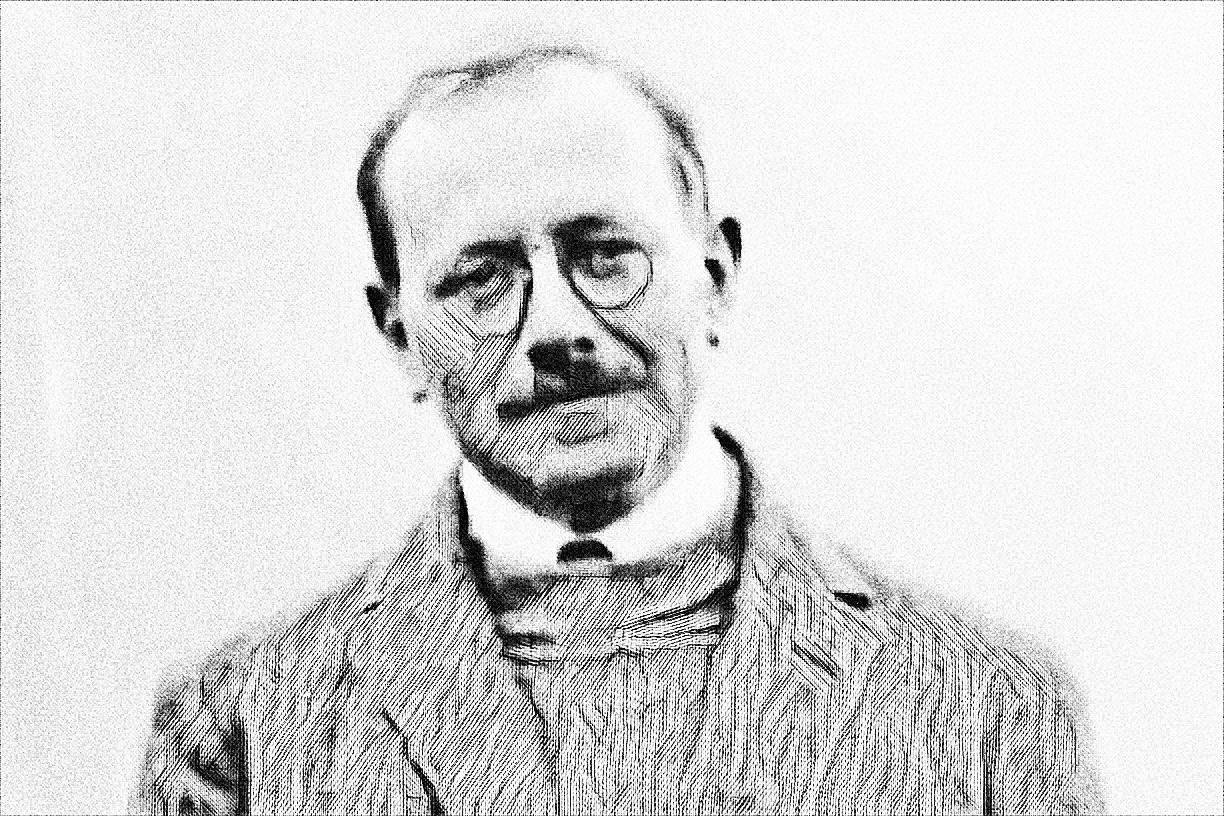
Renowned medievalist and co-founder of the Annales School, Marc Bloch revolutionized historical scholarship. A committed patriot, he was executed by the Nazis in 1944. President Emmanuel Macron has announced his panthéonization, honoring his courage and monumental work.
Marc Bloch, a prominent French historian of the 20th century, will soon join the Panthéon. This decision, announced by President Emmanuel Macron during the 80th anniversary of the Liberation of Strasbourg, pays tribute to a visionary intellectual, a devoted patriot, and a courageous resistance fighter who died for France under Nazi gunfire.
Born in 1886 in Lyon, Bloch grew up in a secular Jewish family. A brilliant student, he attended the prestigious École Normale Supérieure and earned a history-geography agrégation. During World War I, he distinguished himself with bravery, earning the Legion of Honor and the Croix de Guerre with four commendations.
In 1929, while a professor at the University of Strasbourg, Bloch co-founded the journal Annales d’histoire économique et sociale with Lucien Febvre. This groundbreaking publication spearheaded a new historiographical approach that delved into mentalities, beliefs, and the underpinnings of society. Bloch is credited as the father of the history of mentalities, paving the way for scholars like Fernand Braudel.
His seminal work, The Royal Touch (1924), exemplifies his innovative vision. It examines the belief in the healing power of French and English monarchs, shedding light on the symbolic and sacred dimensions of royal authority.
Mobilized again in 1939 at the age of 53, Bloch served during the French campaign. After France’s defeat in 1940, he wrote a scathing critique of the experience, Strange Defeat, published posthumously. This incisive account analyzes the deep-rooted causes of France’s collapse against Nazi Germany.
Excluded from teaching under Vichy’s antisemitic laws, Bloch chose to remain in France, a country he deeply loved. “France, from which some would conspire to expel me (…) will remain, come what may, the homeland from which I cannot uproot my heart,” he wrote.
In 1943, Bloch joined the Resistance, becoming a leader of the Franc-Tireur movement in the Lyon region under the aliases "Narbonne," "Arpajon," and "Chevreuse." Arrested by the Gestapo on March 8, 1944, he was imprisoned and tortured at Montluc prison. On June 16, 1944, Bloch was executed alongside 29 fellow Resistance members in a field near Lyon. Shot in the back by a machine gun, he died a patriot, staying true to his motto, Dilexit veritatem ("I have cherished the truth").
President Macron’s decision to enshrine Bloch in the Panthéon honors his legacy as a historian and a resistance fighter. “For his work, his teaching, and his courage, we have decided that Marc Bloch will enter the Panthéon,” the president declared, highlighting Bloch’s “searing lucidity” in analyzing the 1940 defeat.
Bloch’s family welcomed the recognition, 80 years after his death. “It is a profound emotion and pride. He gave his body and soul for liberty and against Nazism,” said his granddaughter Suzette Bloch.
This panthéonization is an opportunity to revisit Marc Bloch’s rich and groundbreaking body of work, which has deeply influenced French and global historiography. It also underscores his unwavering commitment to fighting fascism and defending republican values, even at the cost of his life.
In these tumultuous times, as extremist ideologies resurface, Marc Bloch’s example resonates with striking relevance. His intellectual rigor, courage, and patriotism are enduring lessons for current and future generations. As President Macron remarked, “Marc Bloch never lost faith in the resilience of our people, convinced that courage is not a matter of career or class.”
Bloch’s entry into the Panthéon, alongside other illustrious figures such as Simone Veil, Maurice Genevoix, and Joséphine Baker, pays homage to a man who embodied the highest ideals of the Republic. It serves as a reminder that France honors its heroes—those who have shaped its history and defended its ideals with passion and selflessness.
With AFP



Comments